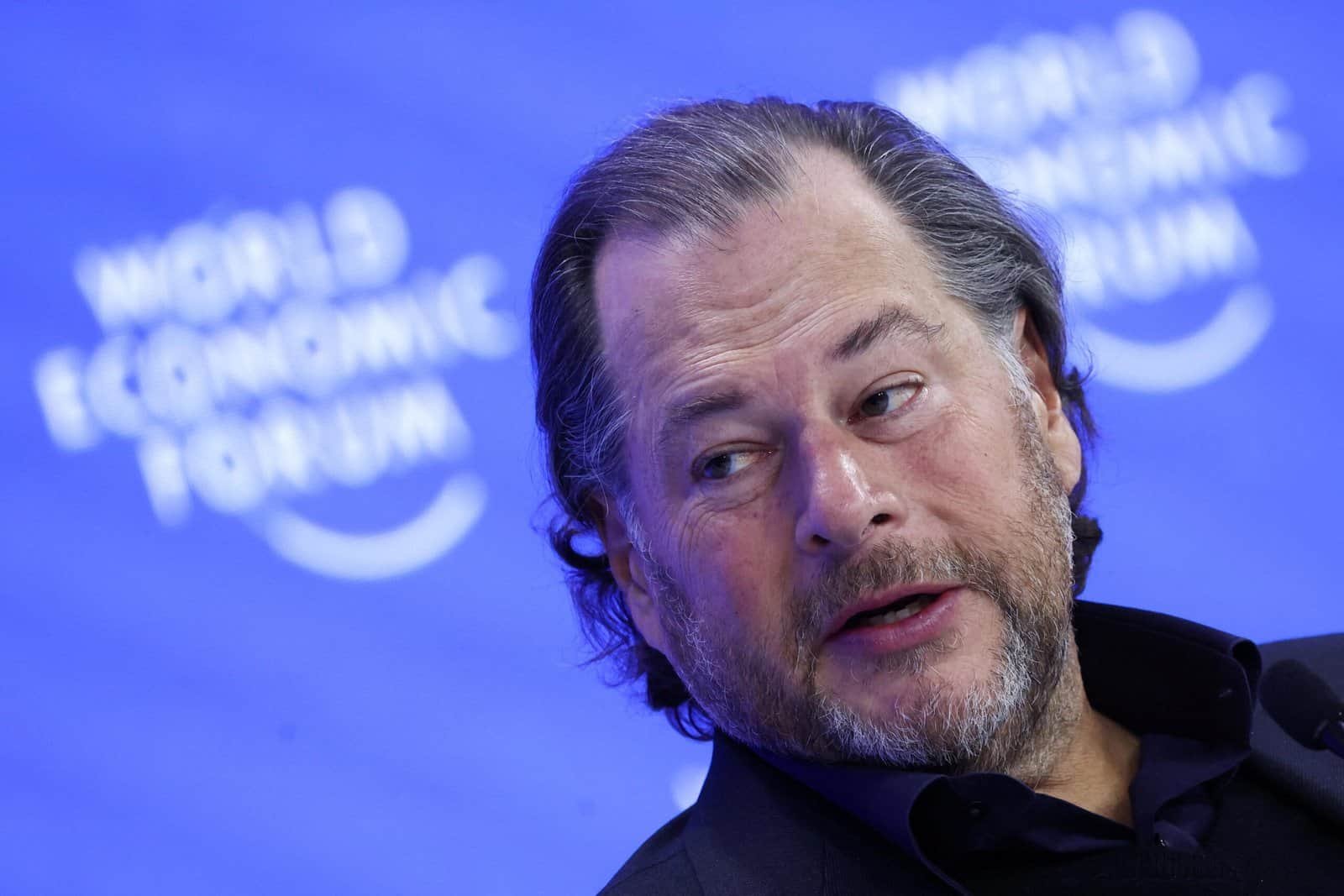The Return-to-Office Debate and the Double Standard in Corporate Culture
As companies across various industries have started to enforce stricter return-to-office policies, a growing sense of frustration among employees has emerged. Many are pointing out what they see as a double standard: executives who demand in-person work from their teams while enjoying the flexibility of remote work themselves.
Uber’s decision to increase the number of days employees must be present in the office from two to three sparked significant backlash. Employees voiced their dissatisfaction during all-hands meetings and online forums, expressing that it felt unfair to be called back to the office when many executive offices remained unoccupied. This sentiment was echoed at JPMorgan Chase, where thousands of employees were ordered to return to the office five days a week, even though some executives, like Filippo Gori, were reportedly running global operations from New York rather than from other regional hubs.
The issue of remote work has become a focal point for many employees, especially those who feel that the benefits of working from home are being reserved for a select few. Salesforce CEO Marc Benioff, who has long advocated for remote work, emphasized that he does not perform well in an office environment. However, his employees were recently required to return to the office at least three days a week. Despite this, Benioff maintained that the goal is to blend in-person and remote work effectively.
Many employees find it hypocritical that top executives can work remotely while others are expected to be physically present. One Uber employee, commenting on the anonymous professional app Blind, expressed frustration with the idea of high-level executives enforcing rules that they themselves do not follow. “Like the key to the executive toilet,” another employee quipped.
The shift toward remote work began during the height of the COVID-19 pandemic, when many white-collar workers found that working from home offered greater flexibility and a better quality of life. People relocated to more affordable cities, and many found that remote work allowed them to balance personal and professional responsibilities more effectively. Research also showed that remote workers were often just as, if not more, productive than their in-office counterparts.
However, as the pandemic waned, many companies began to roll back remote work policies. While some employees are now required to return to the office, top executives often continue to work from home or other locations. For example, Starbucks CEO Brian Niccol was reported to commute 1,600 miles from his home in Newport Beach, California, to Seattle, using the company’s private jet. Similarly, Boeing’s former CFO Brian West was known to work from a small office near his home in Connecticut, far from the company’s headquarters.
Experts argue that the ability to work remotely is increasingly tied to power and income. Stanford University professor Nick Bloom noted that higher-income workers are more likely to have remote work arrangements. Before the pandemic, working from home was often associated with lower pay, but now it has become a symbol of status and privilege.
This trend is not limited to the private sector. In the public sector, President Donald Trump, despite ordering federal workers to return to the office full-time, was known to prefer his Mar-a-Lago estate over the Oval Office. A McKinsey survey found that employees earning more than $150,000 a year are more likely to prefer working from home and are more likely to quit if forced to return to the office daily.
Employees are not only frustrated by the lack of consistency in workplace policies but also by the perceived unfairness of the system. Pavi Theva, a product manager at Amazon, experienced this firsthand when the company enforced a three-day-in-office policy. With no teammates in the Austin office, she found her commutes pointless and eventually left to pursue a career in coaching.
A recent report by the Census Bureau highlighted that remote workers like Theva are here to stay. Employees work from home at least one day a week on average, and businesses expect this trend to continue through 2029. Some companies are embracing this shift, such as Airbnb, which introduced a “Live and Work Anywhere” policy, and Dropbox, which adopted a “Virtual First” approach. Both companies have seen positive results, including increased employee satisfaction and lower attrition rates.
CEO Brian Chesky of Airbnb emphasized that forcing employees to come into the office does not necessarily lead to better performance. Instead, setting clear goals and checking in regularly can drive productivity. Similarly, Dropbox CEO Drew Houston argued that there is no need to force employees to show up in the office when they can achieve the same results remotely.
As the debate over remote work continues, it is clear that the issue is not just about where people work, but about fairness, flexibility, and the distribution of power within organizations.




